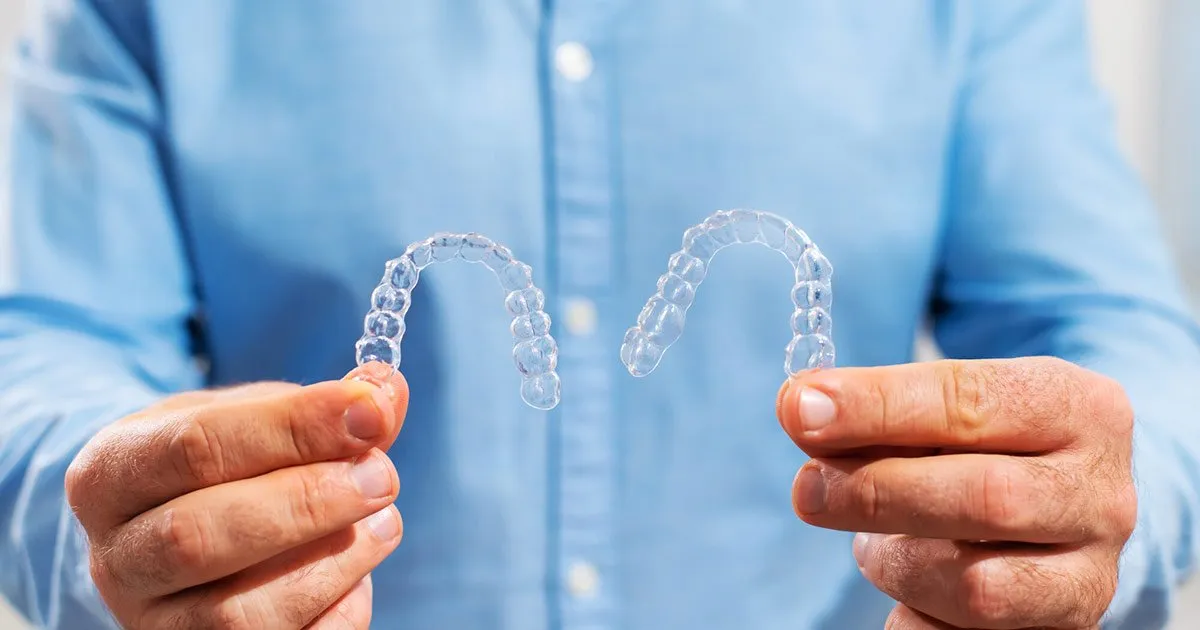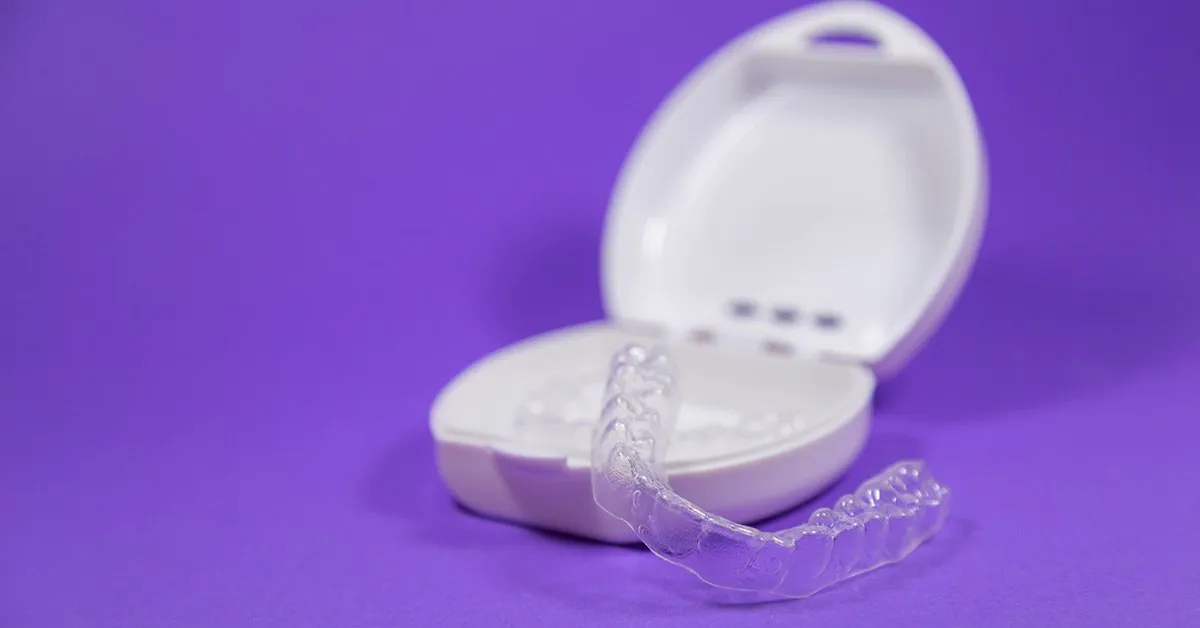Go into your dental implants procedure with confidence and comfort by know exactly what to expect. We explain what the dentist will do and how you will feel.
Did you know that smiling promotes positive emotions, reduces stress, and even lowers blood pressure? Since smiling can have such a powerful impact on our life, we want to make sure that we do it as often as possible. Showing off your smile can be difficult if you feel self-conscious about your teeth, perhaps because of a dental issue.
According to a study, about 178 million people have at least one missing tooth, and more than 30% of adults 65 or older have no natural teeth. If you are one of these people, a dental implants procedure can improve your self-confidence and dental health.
Dental Implant Meaning
Our teeth have roots, which keep them anchored into the jawbone. With an artificial tooth, dental implants act in the same way as these roots. They are a sturdy base on which the artificial tooth, or crown, will set.
Dental implants are the strongest and most natural replacement for teeth in texture, appearance, and function.
What Are Some Different Types of Dental Implants?
There are three principal types of dental implants, as follows:
- Endosteal Implants: These are the most common and fuse with the jawbone.
- Subperiosteal Implants: These sit under the gum but on top of the bone.
- Zygomatic Implants: The most complicated procedure, this implant attaches to the cheekbone.
This article will focus mainly on Endosteal implants because they are oral surgeons’ first choice. Unless a patient lacks a healthy jawbone, this is likely the type of implant they will receive.
Dental Implants Procedure
The dental implant process occurs in stages, with healing time in between the steps. We will consider each stage in the process, so you know what to expect from your procedure.
Dental Implant Placement
The oral surgeon cuts into the gum, exposing the bone. The surgeon will then drill into the jawbone and place the implant deep into the bone. If needed, you can receive a partial denture while waiting for the procedure’s following steps.
Bone Growth
Osseointegration, the process of the jawbone growing into and uniting with the implant, must occur. It takes several months for this to happen, but it is essential for keeping your new tooth rooted in your mouth.
Abutment Placement
Once osseointegration is complete, you will need to have the abutment placed or attached to the implant. An abutment is a piece that attaches an implant to a crown.
To place it, the oral surgeon exposes your dental implant by making a small cut in the gum. After attaching the abutment, they will close the gum tissue around the abutment.
It should be noted that the abutment is placed in the same surgery as the implant in some procedures. However, some people are not comfortable with doing it all at once because the abutment sticks out above the gum line, making it visible until the process is complete. If you choose to go this route, it will cut out this step and speed up the process by a few weeks.
Artificial Tooth Preparation and Placement
After about two weeks since the abutment placement, you will be ready to have your artificial tooth, or crown, attached. First, your dentist will make impressions, or molds, of your mouth and teeth. These molds will help specialists create a custom-fitting crown that looks and feels just like a real tooth.
Once your crown is complete and your oral surgeon gives the green light, your dentist can attach it to the abutment. This step is relatively simple. The crown can either be screwed into the abutment or cemented in place, depending on if your crown is removable or fixed.
Duration of Procedure from Start to Finish
After seeing all the steps involved in the dental implant procedure, it’s reasonable to wonder how long the process will last. While it is hard to give an exact time frame, you can be sure that it will take several months. The long process is mainly because the bone must heal for 6-12 weeks after receiving the implant.
Caring For Your Dental Implant
Your dental implant is cared for in the same way as natural teeth. Make sure you practice good oral hygiene by brushing, flossing, and getting professional cleanings regularly.
Besides, it’s essential to avoid harmful habits that can damage your crown or natural teeth. These include smoking and chewing ice or other hard objects.
Frequently Asked Questions
If you have never had a dental implant, you likely have many questions and concerns. To help put you at ease, we will answer some of the most commonly asked questions.
What Makes Implants Better than Dentures?
Dentures are much more of a hassle to care for and restrict wearers from eating certain foods. Also, they don’t protect the jawbone or prevent neighboring teeth from shifting into gaps. Dental implants are much more comfortable to care for, natural in function, and encourage a healthy jawbone.
What Materials Are Dental Implants?
Dental implants are generally titanium due to this metal’s biocompatibility with the bone structure. The abutment that connects the implant with the crown is usually made of titanium too. However, dental professionals sometimes utilize ceramic alternatives.
The crown, the visible portion of your artificial tooth, is typically made from porcelain or ceramic. These materials are resistant and can be tinted to match your teeth’ color.
Can Dental Implants Be Whitened?
Once your crown is in your mouth, it cannot change in color. Therefore, if you want pearly white teeth, ask your dentist for whitening treatments before getting your crown made. They will then match your crown to the color of your whitened teeth.
Will My Dental Implant Eventually Need to be Replaced?
Your implant can last a lifetime with adequate hygiene, but you may need to replace your crown after 10 to 15 years. The good news is that replacing a crown is painless, and proper dental hygiene can prolong their use.
How Much Does a Dental Implant Cost?
A dental implant can vary in cost depending on where you live and your insurance coverage. The average price in the USA is in the range of $3000 to $4500.
Getting Your Dental Implant
If you would like to receive dental implants, contact us at Advanced Dental Care and Orthodontics in Columbia, Illinois. We will be pleased to help you find the proper dental implants procedure for you. Also, our experienced office staff can help you maximize your insurance, thus saving you money. If you wanna learn more about our payment plans, contact our dental office today!








